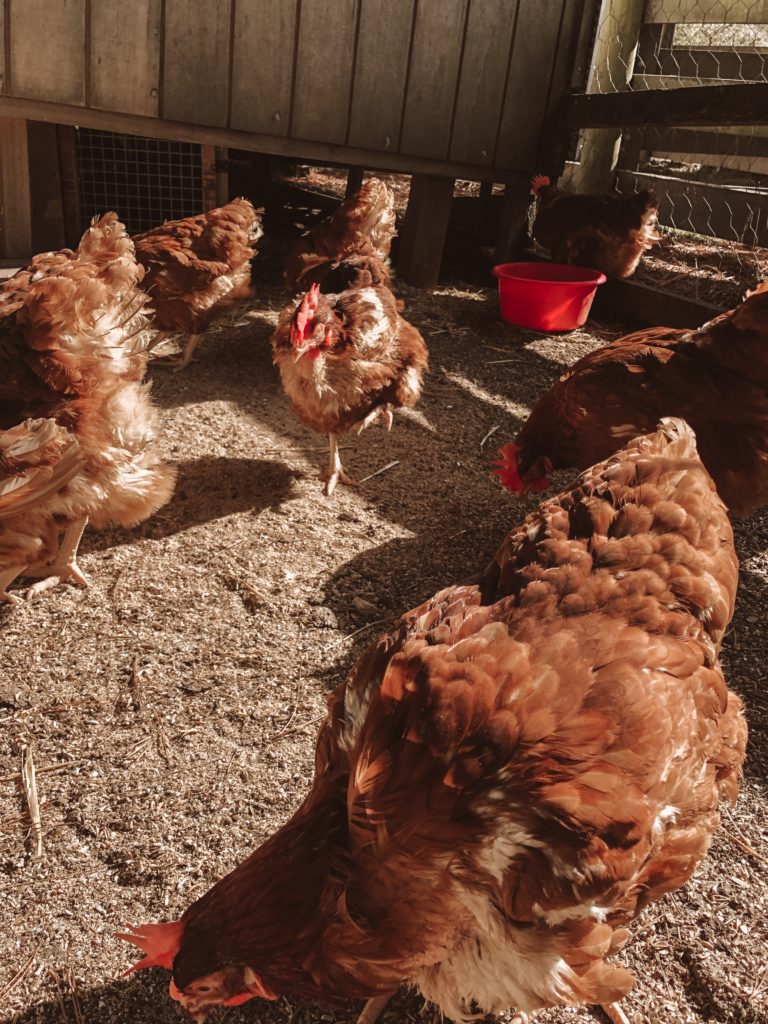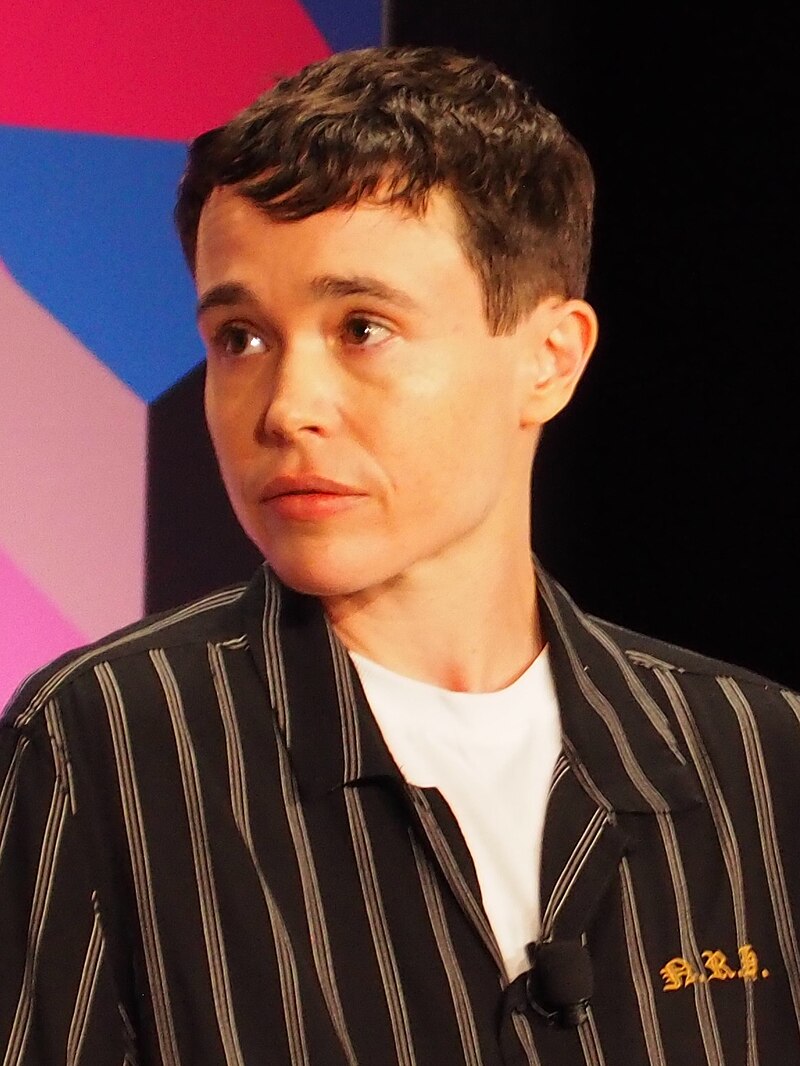Film-making is vital to the animal rights movement. I’m not just referring to the likes of Earthlings, Forks Over Knives, Seaspiracy, and other influential vegan documentaries. Oscar-winning feature films like Minari that shed light on the dark side of animal agriculture (albeit indirectly) are also a cause for celebration. Because when someone sits down to watch a film about an immigrant family assimilating to life in rural America, they don’t expect to be confronted with the realities behind the eggs benedict they ate for brunch that day. And that is the magic of having mainstream coverage of the plight of farmed animals.
Minari follows a Korean-American family who moves to Arkansas in search of their own slice of the American Dream. While they aspire to make their fortune growing Korean vegetables, they remain economically dependent on their jobs as chicken sexers. Minari is a fictionalized version of the director Lee Isaac Chung’s childhood. Chung’s father was a chicken sexer for 19 years, and a successful Korean medicinal herb farmer. Chicken sexing makes up only a small portion of the movie, but is still significant given how little screen time factory farming generally receives.
The audience is exposed to foul play in commercial egg farming early on in Minari. The father and mother (Jacob and Monica) begin new jobs at a local hatchery, and work alongside other Asian immigrants in a dimly lit shed. The workers sort through stacked crates of day-old chicks forklifted onto the factory floor. The workers must determine the sex of each chick, and place the males and females into separate boxes. From the get-go, it is clear that no one wants to be there. Their boss futilely attempts to get his workers to warmly welcome Jacob and Monica, but is met with dead silence. This scene accurately reflects factory farming across the United States: immigrants slaving away at work nobody else wants to do, and often earning poverty wages.
The commodification of animals born into the egg industry also becomes self-evident. Even with a couple ominous shots of smoke billowing from the factory’s smokestack, I imagine most viewers don’t quite catch on. When Jacob’s son (David) notices the smoke, he clears up the confusion on behalf of the audience, by asking “What’s that?” His father candidly explains “male chicks are discarded there” because “[they] don’t taste good. They can’t lay eggs and have no use.” Thus, this scene shines a light on the uncomfortable truth that every time a consumer buys a carton of eggs from the supermarket, they’re paying someone to kill and dispose of the unprofitable male chicks. Note that the culling of male chicks is standard practice across the world, even among barn-raised, free-range and organic egg producers.
I’ve contemplated whether it was the film’s intention to expose the egg industry, and steer the audience away from eggs. I recall that the screenwriter for Okja, another highly-praised Korean movie, maintained that their film was not “an anti-meat polemic.” The lead actress, Tilda Swinton, even said that if people were to go vegetarian after watching Okja, she “would feel [bad] for the meat industry.” Ironically, Steven Yeun (lead actor in Minari), played the role of an animal rights activist in Okja. Perhaps the intention of the film is irrelevant. Both Okja and Minari are powerful films that force their viewers to question their consumption of animals and animal products.

Minari captures only one of many brutal standard practices that bring eggs from farm to table around the world. The male chickens are gassed or ground up alive on their first day of life. But the fate that awaits their female counterparts is arguably even worse. I recently came face-to-face with this reality when I attended a hen rescue organized by a farmed animal sanctuary in Auckland, New Zealand. The rescue mission involved saving a total of 2,000 egg-laying hens from one single shed across several weeks. These individuals would normally have been killed at 18 months of age when they no longer lay enough eggs to be profitable, as is standard practice. However, these hens were fortunate enough to be raised on one of only a handful of farms that allow rescue groups to rehome ‘spent’ egg-laying hens.
Perhaps it is ludicrous to call these hens “fortunate” after witnessing this factory farm in the flesh. Words cannot do justice to the horrors I saw, and the farmer forbade us from taking photos onsite. Picture chicken feces and cracked eggs littering the floor, and hundreds of hens clucking loudly. There were three hens confined to each small cage where they had lived, slept, ate, drank and defecated their entire lives. Most of the hens were missing feathers where they had been plucked by other hens due to sheer stress. Some of them had completely bare necks where they had constantly rubbed up against the metal wires. I was told that this is one of the “better” battery egg farms, and the hens were in better condition than most. It seems like this was only the tip of the iceberg, with 82% of eggs in New Zealand coming from battery hens. But is free-range any better? Hardly. Free-range hens are generally just confined to one large shed among thousands of other individuals, where they’re more likely to peck one another to death.

To leave you on a positive note, I will say that bringing eight of these hens to their foster home was the most rewarding experience I’ve ever had as an animal rights activist. At first, they were all just shell-shocked to feel the earth beneath their feet and sunshine on their backs. However, their natural instincts quickly kicked in, as they begun to stretch their wings, dust-bathe, perch and scratch the ground for the first time in their lives. I truly believe in a world where all chickens (roosters and hens alike) can once again experience these simple joys that humans have taken away from them. For these sentient creatures, that day cannot come soon enough.
Get more like this—Sign up for our daily inspirational newsletter for exclusive content!
___
Photo: Patricia Paynter




